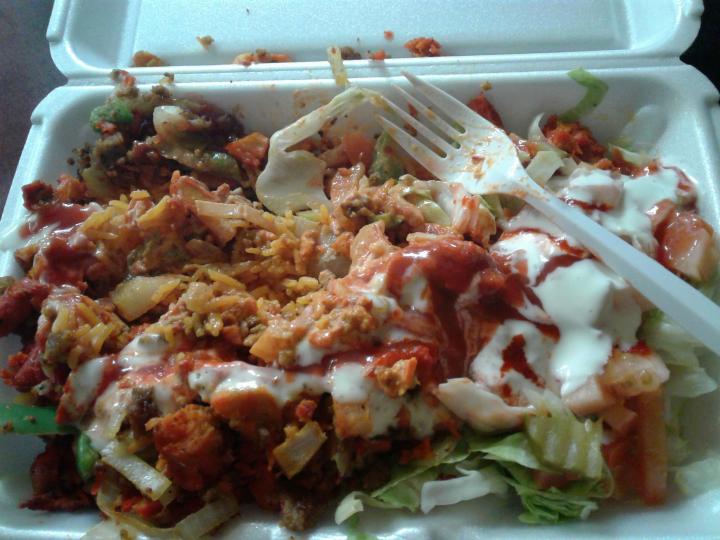
The suit’s outcome is unfortunate for everyone, because Lokhandwala was actually ahead of a growing trend. Indeed, Lokhandwala’s restaurants have been the subject of furious debates among Chicago-area Muslims about whether his processing procedures and coating ingredients qualified as halal. KFC also said that it could not guarantee that its restaurants would be able to prevent cross-contamination between halal and non-halal foods. This was mainly due to the fact that the chain had decided back in 2009 that it would no longer permit franchise owners to make religious dietary claims about its wares, in part because terms like “halal” and “kosher” are interpreted differently by different groups. This week, a federal judge ruled in KFC’s favor. Lokhandwala, a practicing Muslim, sued KFC, saying the chain had long allowed his advertising approach, and that banning it now would hurt his business.
Halal kentucky fried chicken near me cracked#
About a year ago, however, the company cracked down, and told Lokhandwala he had to stop advertising his restaurants as halal-compliant. For years, KFC’s corporate office was fine with that, even helping him to identify halal-certified processors and distributors. But he kept halal and non-halal products separated in his restaurants, and informed customers about the difference. In Lokhandwala’s case, about 75 percent of the chicken on the bone (as opposed to chicken fingers) was halal. Unsurprisingly, not all of KFC’s chicken comes from halal-certified poultry producers. The strategy proved so lucrative that when Lokhandwala opened five new franchises a decade later, he chose their locations based on their proximity to large mosques and Muslim communities.


Afzal Lokhandwala opened his first Kentucky Fried Chicken franchise in Illinois in 2002, and he almost immediately began advertising locally that much of his restaurant’s chicken was halal-slaughtered and processed according to Islamic law.


 0 kommentar(er)
0 kommentar(er)
